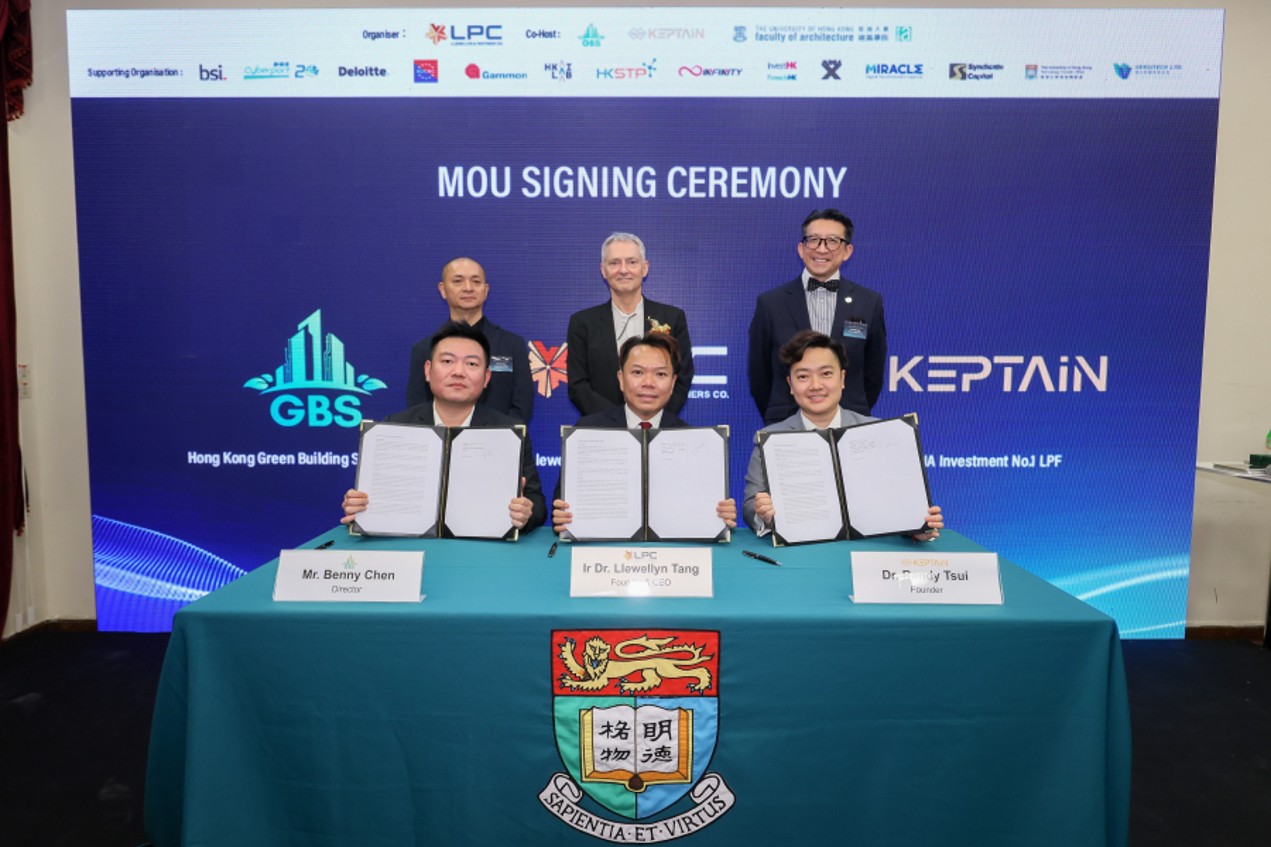
By 2035, electric vehicles are expected to account for more than half of all new vehicle sales worldwide, however, demand will vary greatly by country. This game-changing, ecologically friendly technology is only now beginning to emerge as a serious influence in Indonesia.
Nonetheless, Indonesia is seriously pursuing this option and is currently developing electric vehicles to deploy nationwide. All motorcycles sold from 2040 will be electric-powered, while all new cars sold from 2050 will be electric vehicles (EVs), said Arifin Tasrif, Minister for Energy & Mineral Resources.
Dadan Kusdiana, Director-general of renewables at the ministry clarified that the nation does not “have any policy to stop the usage of internal combustion engines” but wants to push “the utilisation of electric vehicles, with incentives”.
Indonesia has long struggled with suffocating urban air pollution, with the country’s congested capital Jakarta frequently ranking among the region’s most polluted cities. Industry, in general, is responsible for the highest contribution, accounting for 37%. It is closely followed by transportation (27%) and energy and heat-generation (27%). The largest driver of overall GHG emissions is CO2 emissions from fuel combustion.
Emissions have increased significantly since 1990, reaching a high of 581 MtCO2 in 2019. As of 2019, Indonesia’s automotive industry organisation reported that the country had over 15 million cars and 112 million motorcycles on its roadways. In light of the severe pollution issues and national goals, Jakarta announced a target this year to make the country carbon-neutral, including a plan to retire all coal-powered plants by 2056.
A move towards EVs also supports Indonesia’s ambitious plans of becoming a global hub for production, as the country ramps up the processing of its rich supplies of nickel laterite ore used in lithium batteries.
An article from OpenGov Asia reports that Indonesia plans to roll out new regulations that offer tax breaks for hybrid EVs, in the latest effort to promote the development of electric vehicles in the country. In a meeting with Parliament, Indonesian Finance Minister Sri Mulyani said that investors who build electric cars in Indonesia feel that the current framework is unfair as there is no difference in the tax rates between hybrid and fully electric cars.
While battery-powered EVs continue to be exempted from the luxury tax, the plug-in hybrid EV will see an increase to 5% from 0%. Full and mild hybrid types will be taxed at a rate of 6% to 12%, from a previous range of 2% to 12%. Additionally, the government will provide tax holiday incentives for up to 10 years if EV manufacturers make at least an IDR 5 trillion (USD 346.2 million) investment in the country.
According to research, about 15,000 electric vehicles (mainly motorbikes) were sold in 2019, accounting for less than 0.2% of total vehicle sales. All automobiles emit significant life cycle emissions, which are difficult to calculate. Nevertheless, because most pollutants are lower for electricity generation than for burning gasoline or diesel, EVs typically emit fewer life cycle emissions than conventional vehicles.
In another article, Indonesia’s homegrown ride-hailing giant said it would try to make every car and motorcycle on its platform an electric vehicle by 2030. The Jakarta-based firm is in discussion to help Indonesia’s electric vehicle industry develop, including how to establish infrastructures like battery swap and charging stations.
Electrifying the transport sector could boost gross domestic product by Rp 400-500 trillion (US$ 28-35 billion) by 2030 in the accelerated scenario, with the driving force being a localised manufacturing and supply chain. This would require the coordinated support of Indonesia’s regulators and state-owned enterprises all along the value chain.
Although the adoption of electric vehicles in Indonesia is still in its early stages, the potential for beneficial economic and environmental effects is immense. To establish a local EV ecosystem with the capacity to reshape environments and economies, a collaboration between government stakeholders, state-owned firms, and the private sector will be important. Indonesia’s leaders can boost the economy while still advancing crucial climate goals by encouraging consumer adoption and strengthening the industry.





















